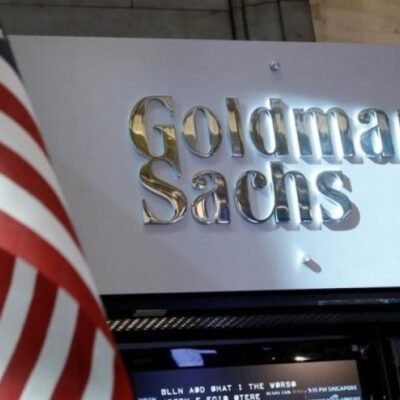China Premier Li Qiang got the red carpet treatment when he landed in the Southeast Asian country of Malaysia on Tuesday, the last leg of a three-country regional tour.
During his first two stops—New Zealand and Australia—Li had to navigate a complex relationship with major trading partners still beset by simmering disagreements.
But Li was in friendlier territory for his last stop. Malaysian Prime Minister Anwar Ibrahim, has been much more open toward Beijing and China. In public statements and interviews, Anwar has criticized a rising tide of “China-phobia,” emphasized his country’s nonaligned status, called China President Xi Jinping an “outstanding” leader, and even said Malaysia wants to join the BRICS international grouping of countries ahead of Li’s visit.
By the time Li left Malaysia on Thursday, Anwar had called China a “true friend.”
During Li’s visit, China agreed to allow imports of fresh Malaysian durian, a spiky pungent fruit increasingly popular with Chinese consumers. Previously Malaysia, one of the world’s biggest producers of durian, could only ship frozen durian and related products to China. Malaysia exported $253 million worth of frozen durian products to China last year.
China and Malaysia signed over a dozen pacts during Li’s time in the Southeast Asian country, including a new five-year deal for trade and economic cooperation.
Li also attended a groundbreaking ceremony for a terminal of Malaysia’s East Coast Rail Link (ECRL) in Gombak in the state of Selangor. The ambitious ECRL project, backed by China, aims to connect the two coasts of peninsular Malaysia. China’s premier suggested that Beijing is open to connecting the ECRL to other China-funded railway projects in Laos and Thailand, expanding China’s Belt and Road Initiative, the country’s global infrastructure project, further into the region.
Why are Malaysia and Anwar being so nice to China?
China has been Malaysia’s largest trading partner for over a decade, meaning the Southeast Asian country needs to remain in Beijing’s good books.
“When your economy is not in the best shape and you need all this help, you can’t be choosy,” says Ei Sun Oh, senior fellow at the Singapore Institute of International Affairs.
Malaysia’s GDP grew by 3.7% in 2023, below the government’s target of 4.0% to 5.0%. The government attributed the weaker-than-expected performance to “weakness in external demand.” Malaysia’s currency, the ringgit, has also weakened in recent months, making imported goods more expensive and contributing to inflation.
The economy is becoming a greater political concern for Anwar: 43% of Malaysians said they disapproved of the government’s handling of the economy, compared with 19% a year earlier, according to a November poll from the Merdeka Center.
Anwar visited China twice last year, notes Sheana Yue, a Singapore-based economist with Capital Economics, during which the prime minister won some “pretty large investment deals” from Chinese businesses.
Yue points to an extension of visa-free travel arrangements between China and Malaysia as a tangible benefit from Li’s trip. Before the COVID pandemic, China was the third-largest source of visitors to the Southeast Asian country. But numbers haven’t recovered since China lowered its quarantine restrictions in early 2023. Just 1.5 million Chinese traveled to Malaysia in 2023, compared with 3.1 million in 2019.
Geopolitics may also play a role. Malaysia’s government has long pursued a nonaligned strategy, which can sometimes be misunderstood as a pro-China stance, says Rahman Yaacob, a research fellow in the Southeast Asia program at the Lowy Institute. “Malaysia is trying to attract as many investment and trade partners as possible,” he notes.
Anwar’s openness to joining BRICS could be a play to “enhance Malaysia’s global standing,” says Wen Chong Cheah, an Asia analyst with the Economist Intelligence Unit.
Both Cheah and Oh believe the war in Gaza might also be driving Malaysia’s friendlier relationship with China. Malaysia’s population largely supports Palestine, and have gone as far as boycotting Western brands like Kentucky Fried Chicken and Starbucks to protest U.S. support for Israel.
Anwar has also defended engaging with Hamas, arguing that preserving ties allows him to help broker peace in the region.
Yet Yaacob doesn’t see the war in Gaza as the reason driving Anwar’s China tilt. Instead, the Lowy Institute analyst interprets the prime minister’s approach as a way to foster a stable economy.
“Economic stability is necessary for any government to survive,” he says. Anwar has “firsthand” experience of that, when he served as Malaysia’s deputy prime minister during the Asian Financial Crisis. “He knows that economic difficulty will lead to political and security instability,” Yaacob says.





